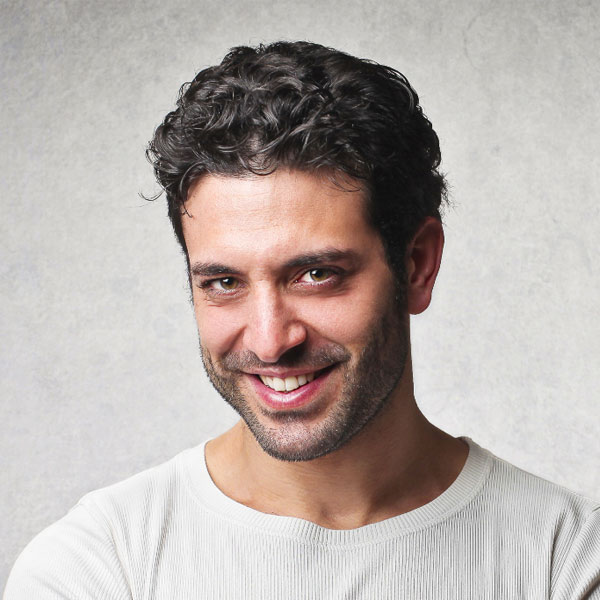Copyright Registration in India - An overview
Copyright is the legal right given to the person for his or her creativity in fields such as literature, dramatics, music, and artistic work and production of films and recordings. It gives creators the sole rights to produce, distribute, reproduce, replicate, the work or give authority to another entity for the same purpose.
Why register a copyright in India? Benefits
When you get copyrights for books, music pieces, movies, photography, software programs, etc. you get the following benefits :
- You get the ownership of your work even if the work is in public domain .
- As author you can claim damage in case of any infringement
- By recording the registration with Indian customs, you can prevent importing duplicate copies
- Any product or copy can be made from the original product
- You can sell rights to the third party with no objection
- It also enables the owners to exhibit your work




